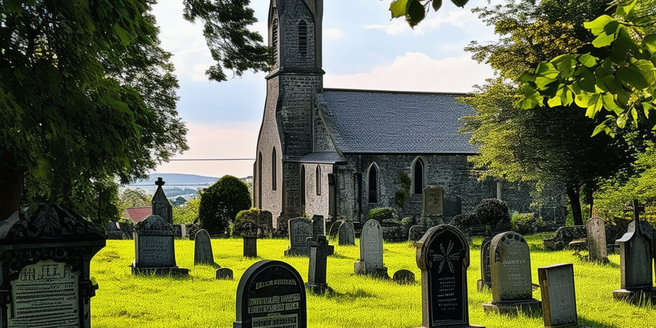Overview of Low-Income Burial Assistance Programs
Low-income burial assistance programs are designed to help families with limited resources cover the costs of funeral services and burial. These programs can be funded by the government, non-profit organizations, or community groups. The aid provided often covers various aspects such as funeral services, burial plots, and even cremation costs. This assistance can make a significant difference in the lives of those who are struggling financially. The aim is to ensure that everyone, regardless of their financial situation, can afford a dignified funeral. By offering financial aid, these programs alleviate the financial burden on grieving families during a difficult time.
Eligibility Criteria for Burial Assistance
Eligibility criteria for burial assistance vary depending on the program. Typically, these programs consider factors such as income level, family size, and the financial assets of the deceased. Some programs may require documentation of financial hardship or proof of low income, while others may have more lenient requirements. Additionally, certain programs might offer expedited assistance in cases of unexpected or sudden deaths. In some regions, there might be community-based organizations that can provide additional support or guidance. It’s important to check the specific eligibility criteria of each program to determine if you qualify for assistance.
Types of Burial Assistance Available
There are various types of burial assistance available to low-income families. These can include direct financial aid to cover funeral costs, vouchers for specific services such as burial plots or cremation, and in-kind donations such as caskets or burial clothes. Furthermore, some organizations work in partnership with local funeral homes to provide discounted rates. Some charitable foundations also have programs dedicated to funeral assistance. In some cases, government agencies may also offer support through emergency funds. Additionally, some programs offer logistical support, helping families navigate the process of planning a funeral and accessing affordable services.
How to Apply for Burial Assistance
Applying for burial assistance generally involves filling out an application form and providing relevant documentation. This may include proof of income, death certificates, and any other required paperwork. It’s important to start gathering these documents as soon as possible to avoid delays. Each program has its own application process, so it’s crucial to follow the guidelines provided. Attention to detail can make a significant difference in the approval process. To reduce stress, consider consulting with a social worker or a professional experienced in these matters. Some organizations may offer assistance with the application process to ensure that eligible families receive the help they need.
Key Organizations Offering Burial Support
Several key organizations offer burial support for low-income families. These include government agencies, non-profit organizations, and community groups. For instance, one might find local church groups stepping in to offer additional support. These efforts are often driven by a deep sense of community and compassion. In many cases, volunteers play a significant role in organizing and delivering these services. Examples are Social Security Administration, local Department of Health and Human Services, and various national non-profits like the Final Farewell or the Funeral Consumers Alliance. These organizations provide various forms of assistance to ensure that no family is left without support in their time of need.
Tips for Successfully Securing Aid
Securing burial assistance can be challenging, but there are tips to increase your chances. Start by researching available programs and understanding their eligibility requirements. Gather all necessary documentation in advance to streamline the application process. Additionally, reaching out to social workers or community organizations for guidance can provide invaluable support. It might also be helpful to attend informational sessions or workshops on the subject. Don’t hesitate to ask for advice from those who have successfully navigated the process. Persistence is key; if one avenue doesn’t work out, keep looking for other programs that may be able to help.



